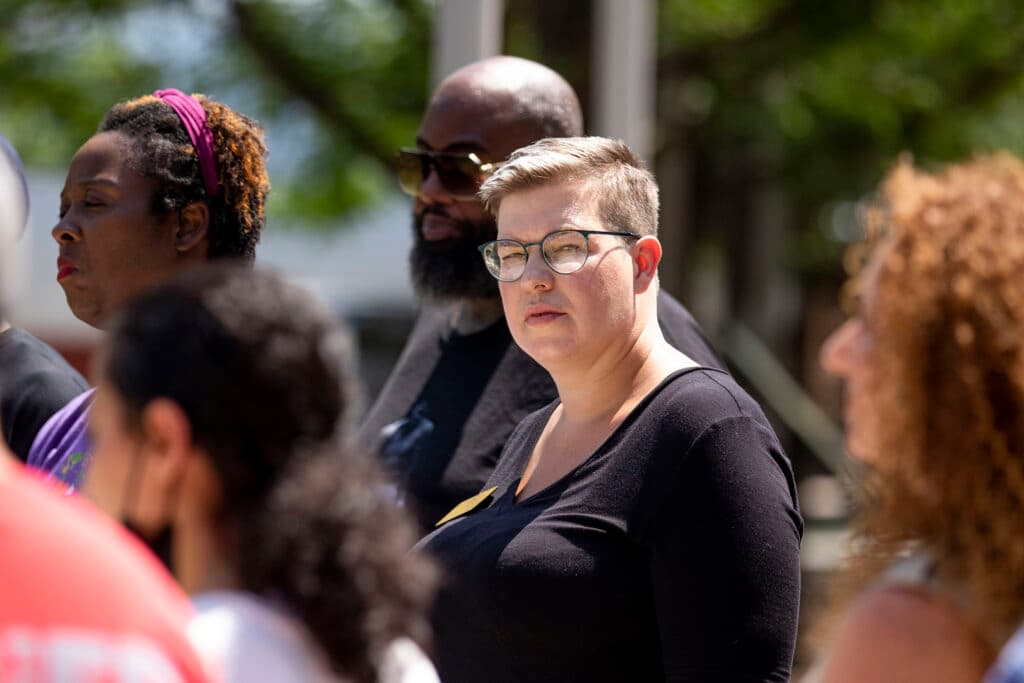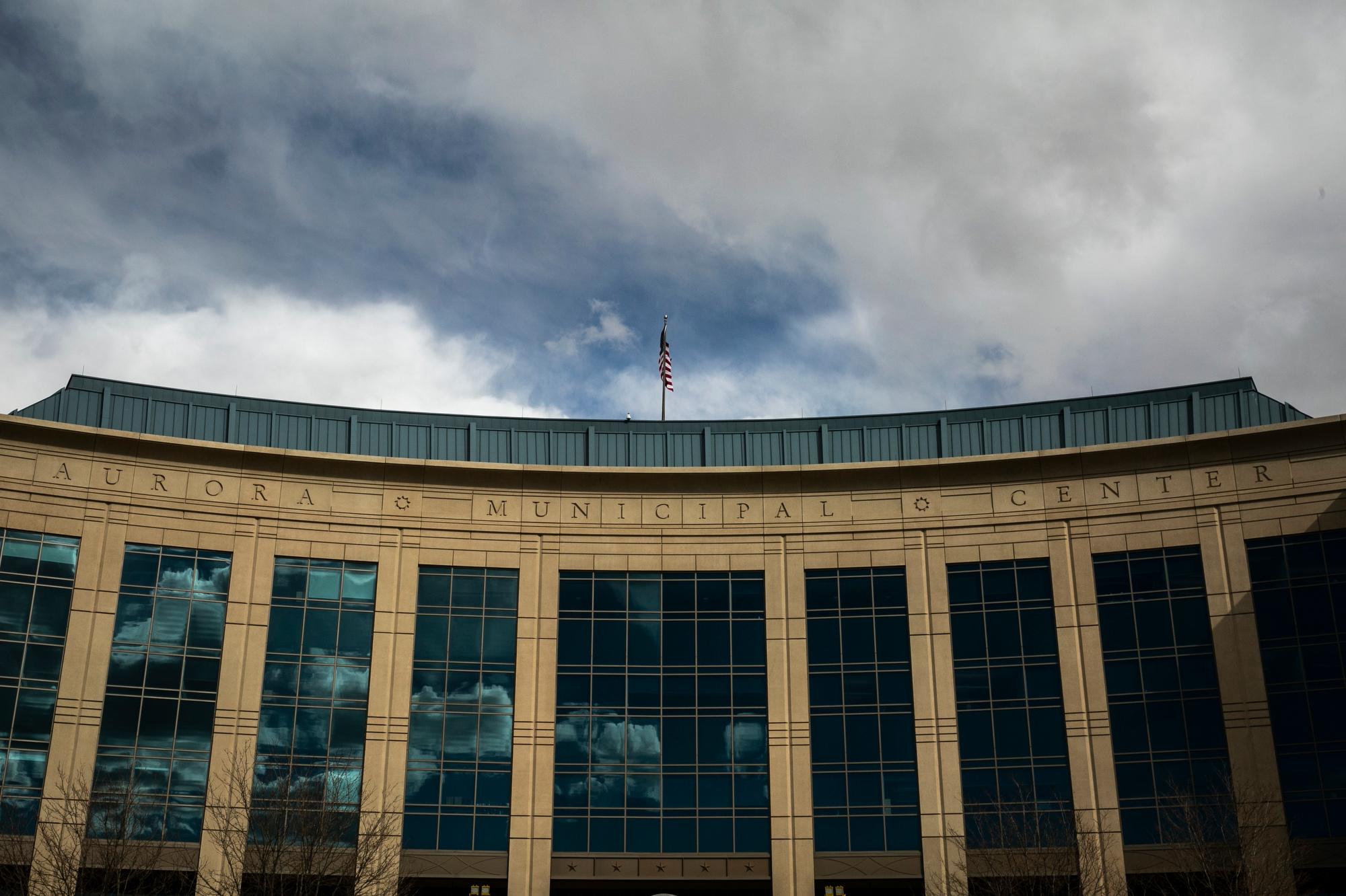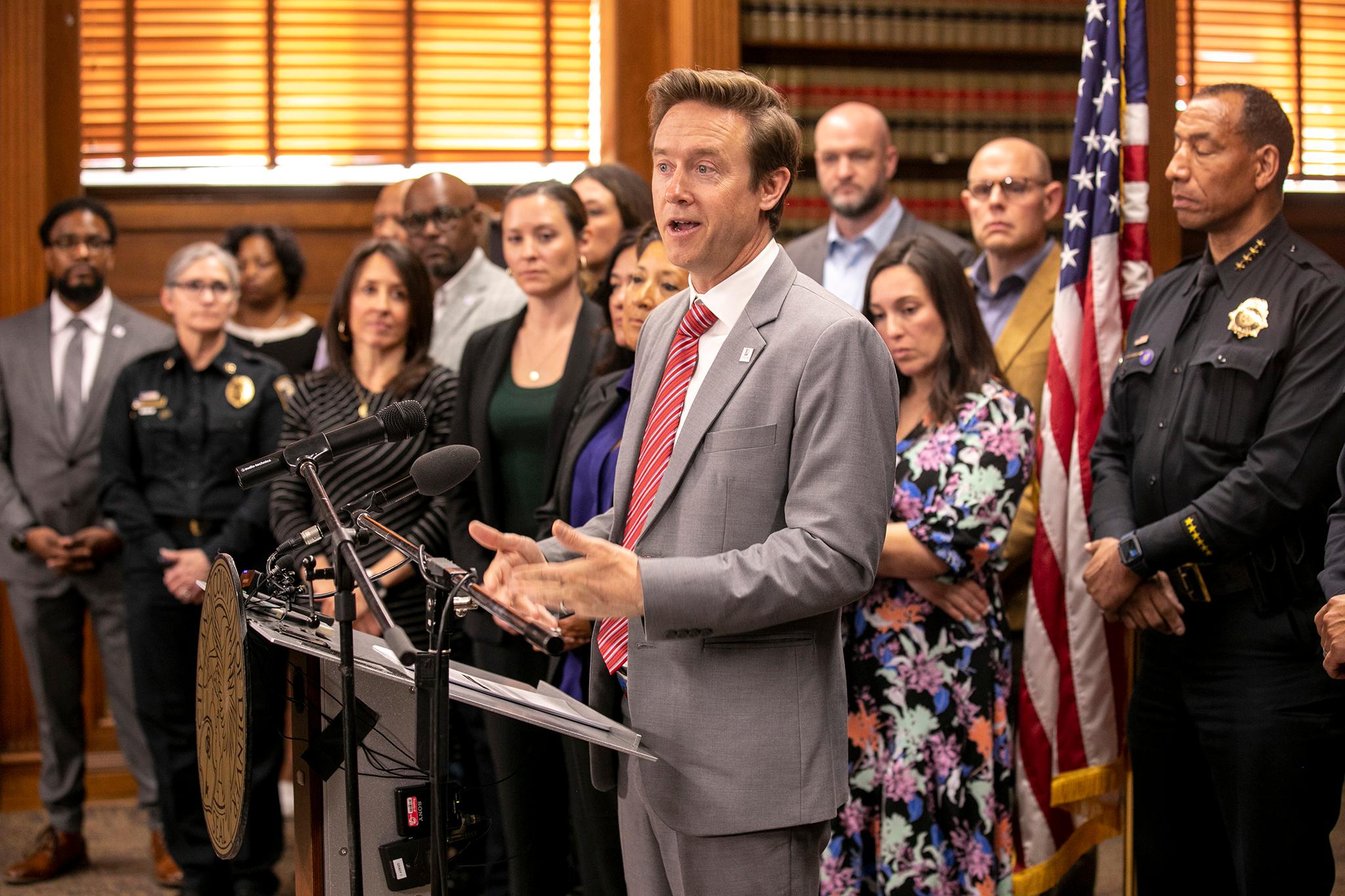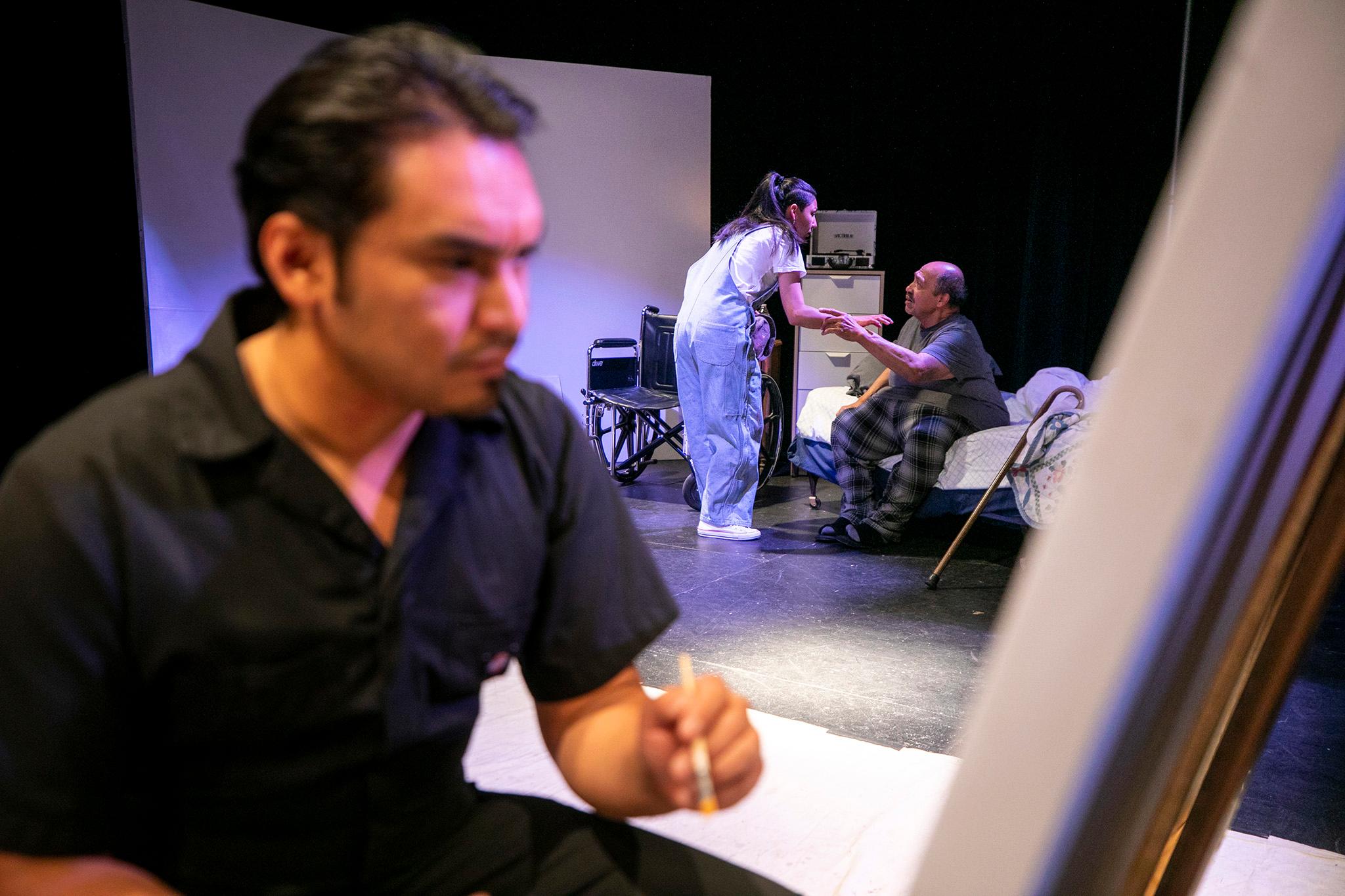A resolution appearing before the Aurora City Council on Monday could pause the city's consideration of whether to privatize its public defender's office.
City officials are currently collecting bids from private law firms to see whether a contractual deal for a firm to represent low-income residents would be more cost-effective than the city's public office.
However, the search, driven by the council's conservative majority, has drawn significant criticism from more progressive members, who worry the move would be a disservice to people in need.
Democratic Rep. Alison Coombs is behind the resolution to stop collecting bids.
"The folks that are being served by the Public Defender's Office are disproportionately people of color," Coombs said in an interview with CPR News. "And particularly, disproportionately African Americans."
She argues the quality of public defense has the largest impact on these communities.
At Monday's meeting, she plans to ask the council to table its request for law firms to bid on replacing the Aurora Public Defender's Office.
A brief history of the proposal to privatize public defense in Aurora
The Aurora Public Defender's Office currently employs 10 full-time attorneys who represent clients unable to pay for their own legal defense. According to reporting by the Denver Gazette, the office's 2024 budget is $2.3 million.
In 2022, a subcommittee of Aurora's Citizens' Budget Advisory Committee proposed that the city fund a cost-benefit analysis to compare the $2.55 million expense of maintaining the city's Public Defender's Office with the potential expense of switching to state-provided or private representation.
In October 2023, a majority of Aurora City Council members voted in favor of funding the cost-benefit analysis.
Aurora City Council member Dustin Zvonek sponsored the proposal, saying he would only support a bid to replace the Public Defender's Office if it saved the city money. The council also voted in favor of funding a court-wide workload study that would examine the scope and volume of defense work, so that the city could properly advise bidding firms.
Zvonek and the Aurora Public Defender's Office have not responded to Denverite's requests for comment on the upcoming resolution vote.
According to Coombs, officials disagreed on whether the cost-benefit analysis and the workload study should be conducted separately. But Republican councilmembers Zvonek and Danielle Jurinsky "insisted that the court-wide workload study should serve the purpose of completing the cost-benefit analysis," Coombs explained.
The workload study is still in progress. Meanwhile, the City of Aurora has asked firms to submit bids by March 8 and plans to select finalists for the council's consideration by April 9.
Coombs fears that firms are being "undersold" on the workload given the incomplete study. She said that could create new problems down the line.
"There's a dispute about the actual workload as far as the number of cases, as well as the amount of time that the cases take and the number of trials that are needed to be performed," she said. "I think, possibly, [a hired firm] would end up asking us for a change order to increase the amount we pay them for our contract once they realize how much it actually costs them to provide the service."

Concerns over privatization
Aurora and Denver are the only Colorado municipalities that currently operate their own public defense offices.
While private defense systems may meet the needs of constituents in many counties, local advocates say privatization would be a disservice to Aurora residents.
"Aurora is definitely a special circumstance," said Cat Ordoñez, policy counsel at the ACLU of Colorado. "It's only one of two municipal courts in the state that prosecutes a large number of domestic violence cases, and Aurora chooses to prosecute these higher-level cases like domestic violence and car theft with mandatory minimum sentencing laws."
That means people charged with those crimes would be guaranteed prison time if convicted, so a strong defense is especially crucial. For that reason, many of Aurora's cases require more time and energy than those handled by municipalities that are using private defense systems, Ordoñez said.
If Aurora does move to a private model, providers will be paid a flat rate to represent clients experiencing poverty.
"Flat-fee contracts have been banned in several other states across the country," said Ordoñez. "If an attorney receives a flat fee for every case, regardless of the amount of time they spend on it, it encourages the attorney to spend as little time as possible" and "creates a conflict of interest."
Coombs echoed that sentiment.
"An entity that is paid a flat fee per case is not motivated to zealously advocate for their client, which is supposed to be the role of a defender," she said. "They're instead motivated to complete their contractual obligation in the least amount of time possible, which results in worse outcomes and a higher likelihood of individuals pleading guilty to crimes that they did not commit."
Coombs added that the Aurora Public Defender's office has "significant familiarity with [Aurora's] court system and procedures, and is providing a service effectively" to city residents.
The efficacy of the Aurora Public Defender's office has been independently verified by a study conducted by the National Legal Aid & Defender Association.
"Aurora, Colorado has a strong and effective municipal public defense delivery system and a municipal court that promotes the rule of law and protects individual due process rights," the study states. However, the study also notes that "staffing for the Aurora Public Defender's Office assumes that attorneys will carry an open caseload of 125 active cases. This figure does not appear to be grounded in any empirical basis."
Aurora City Council will conduct an open meeting at 6:30 p.m. on Monday, Feb. 26 to discuss the issue. City Council meetings are hybrid, with the option to attend in person or virtually. Agendas, minutes, and voting results are available on the council's website.
Correction: This story has been updated to correct a quote about which municipalities prosecute domestic violence cases.













